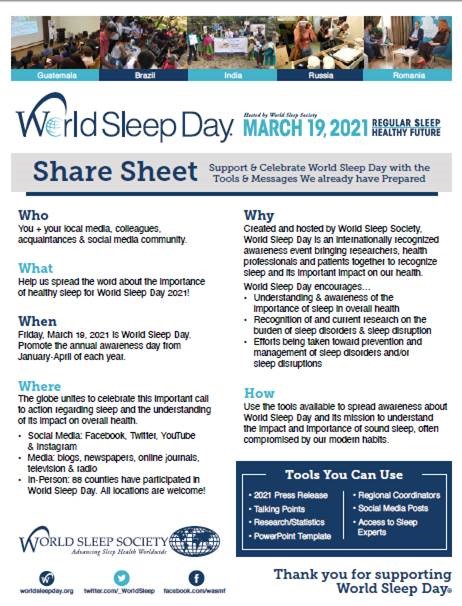Has Lockdown lifting got you more scared and anxious than excited?
Jamie Windust (editor) spoke to the Independent saying “I think what a lot of people will be feeling, myself included, is a fear of not just getting back to the way we used to live, but the mental struggles that come with working at such a fast pace. In the real world there’s the pressure to work constantly, to exercise, to be seen to be having fun.”
Considering this, I guess we need to ask ourselves will some of the new freedoms we found in 2020-2021 be lost again as we jump back onto the roller coaster of “real life”?
For many millions of people, the thought of coming out of lockdown and joining the world again, can be as scary and anxiety provoking than going into our first lockdown in March 2020. Why might this be? Well, consider the “unknown” of the very first lockdown.
Questions such as “Is this serious, can I catch it, how can I keep myself and my family safe, how long will it last, I am worried about working from home, will I be able to see my family, what is going to happen longer term?” Now, as we approach the possibility of the lifting of lockdown, one could argue that those questions apply again and for many people remain very real concerns.
Fear and anxiety are possibly the most common emotional responses any of us will feel as we approach the release from lockdown. Finding a way to pull ourselves through lockdown took a lot of our emotional energy and we may have found a place that lets us cope, and that we don’t want to leave behind just yet.
Just as it took us time to find ways of coping during lockdown, we should also expect that it will take time to find our way back, and to reconnect with life. Things are very unlikely be the same as they were before. How might they be and how can we prepare and “manage” yet another transition
The Mental Health Foundation say “mental health tips: about finding routines, staying connected, eating well, and taking exercise apply just as much now as they did at the start of lockdown – arguably even more so as we remain in a period of high stress but with more demands on us.”
Some tips to help up prepare
Recognise you have choices…..
Although it might not feel this way, the pandemic has in many ways created more choices, by forcing us all to realise that the established ways of working could be upturned in an instant. “Now there is even more change to consider,” says Cooper-Dickson who believes that we shouldn’t see post-lockdown as a case of automatically and unquestioningly adapting back to our old realities but moving to new ones if the old ways weren’t working. Many organisations may be looking to adopt a more person focussed way to working where people are in the office only two-three days a week, rather than five. Talk with your manager/employer re any concerns you have in relation in return to the office environment. Try to be as honest with them as possible
Give yourself time
The speed at which each of us adapts will vary from person to person. Cooper-Dickson advises “taking it at your own pace and focusing on what you can control”. Even if the country is on track for all restrictions to be dropped by 21 June, doesn’t mean you have to jump right into social commitments. “Even though we might be really excited to meet up with friends, we could feel a little out of our comfort zone for a while as we get used to it again.”
Take it at your own pace and focus on what you can control
Take small steps
Those with continued uncertainty can “look at the small steps you can take to create your own mini routines or structures at home,” when lockdown restrictions are eased,”
The 9-5 may no longer be the norm, but hopefully we will take positives from the pandemic and we can slowly relearn to converse face-to-face, build our confidence back up and return to the “new normal” whatever that may be.
Remember you are not alone
It’s important to remember that you won’t be alone in feeling end-of-lockdown anxiety. There are so many other people who feel exactly as you do. And so try not to be hard on yourself if you are struggling – the pandemic has been, and continues to be, a really significant and disruptive, challenging and “life altering” time of our lives
To join the webinar register on Please register for Anxiety of Lifting Lockdown on Mar 18, 2021 12:00 PM GMT at:
https://attendee.gotowebinar.com/register/7969443210436757262
After registering, you will receive a confirmation email containing information about joining the webinar.


